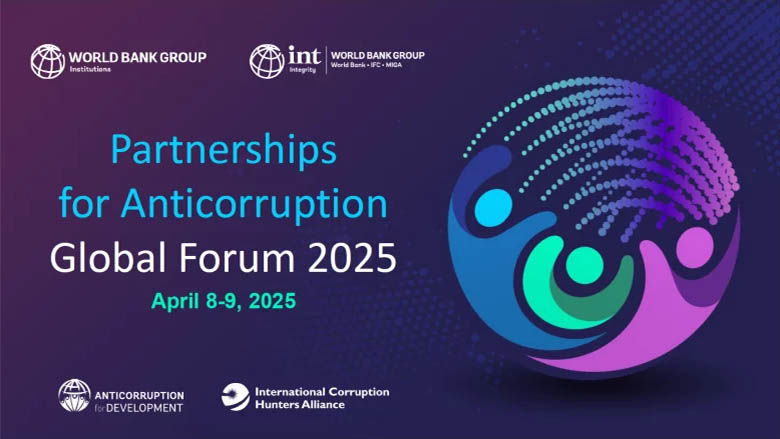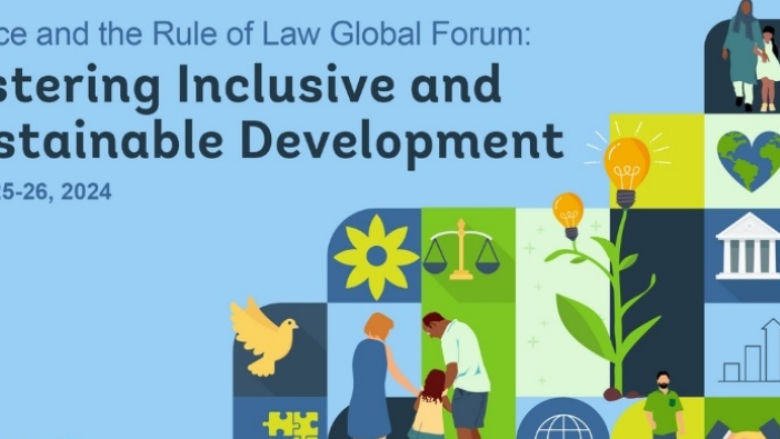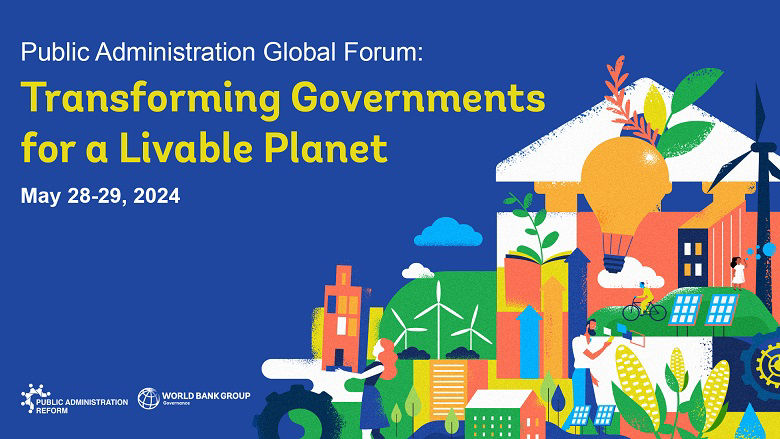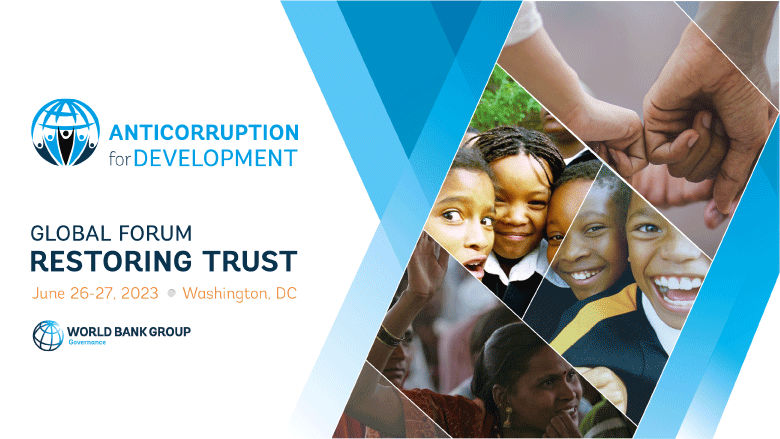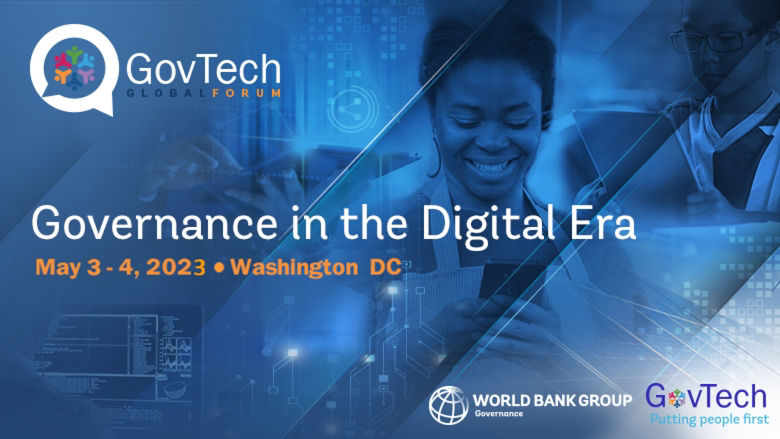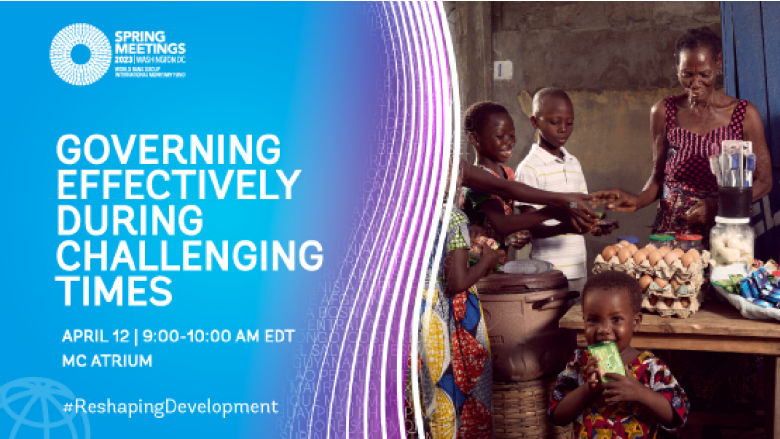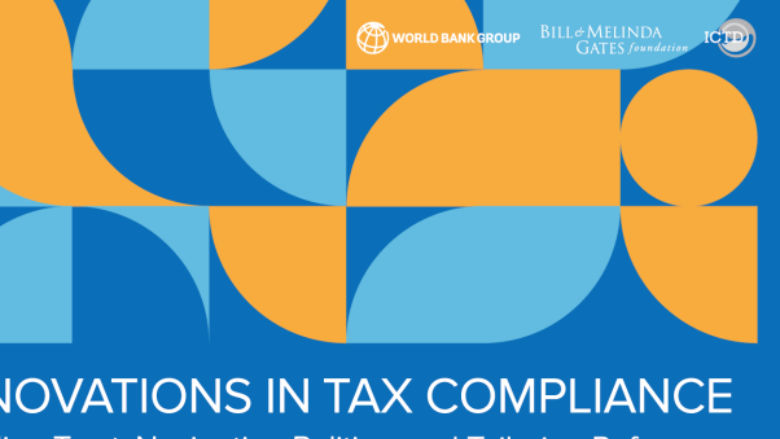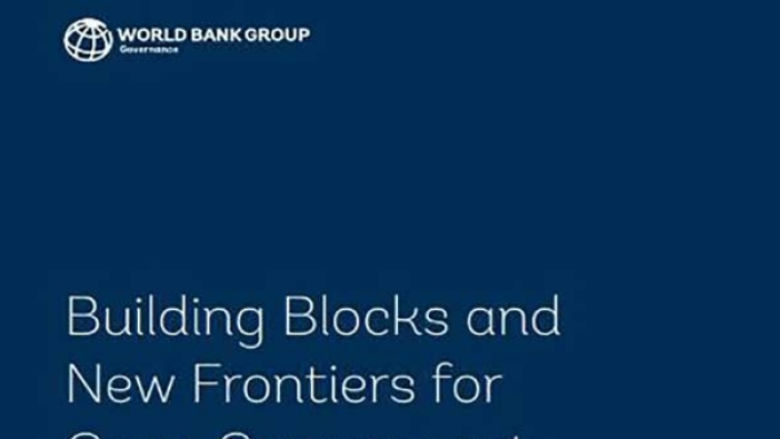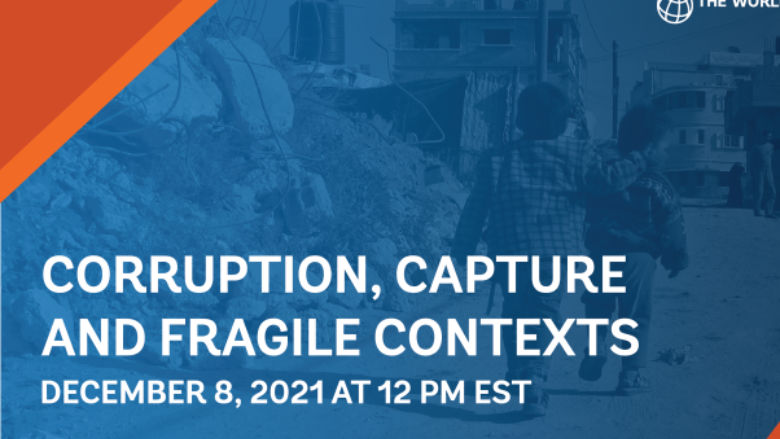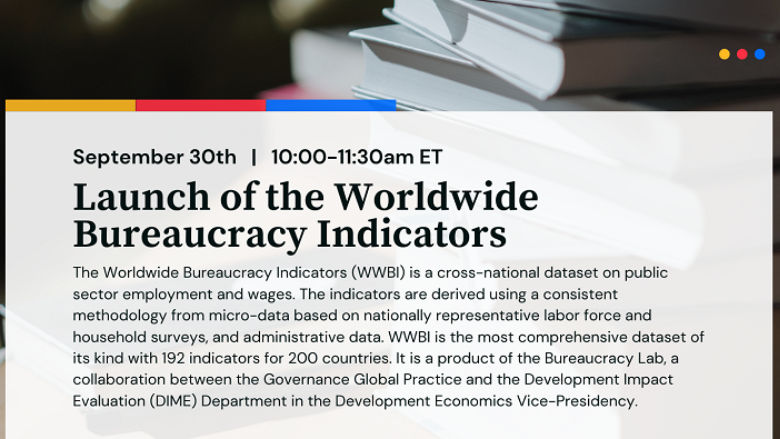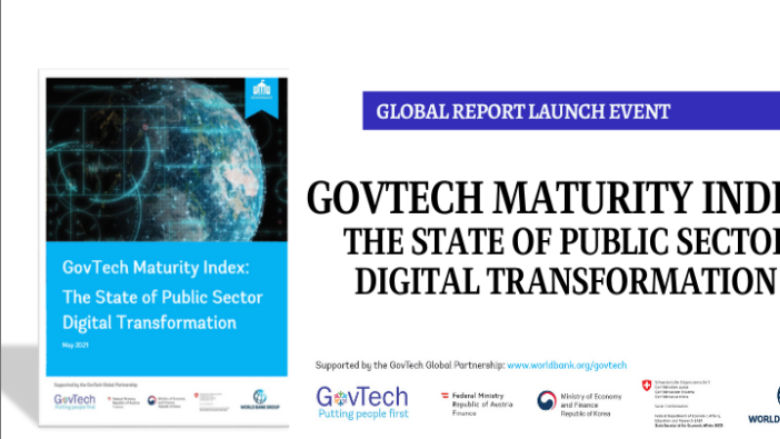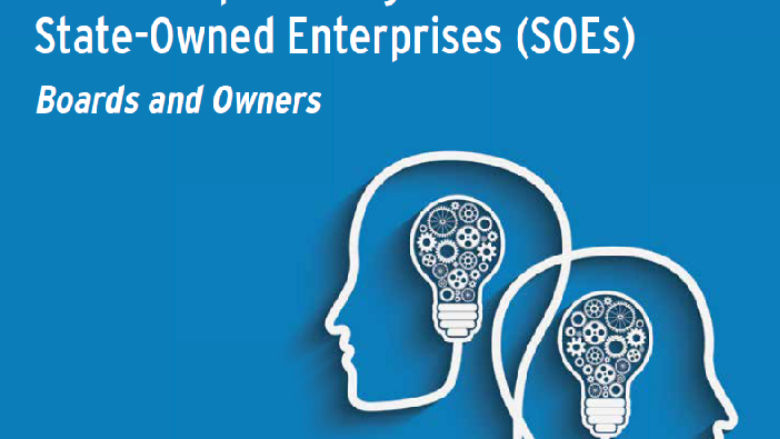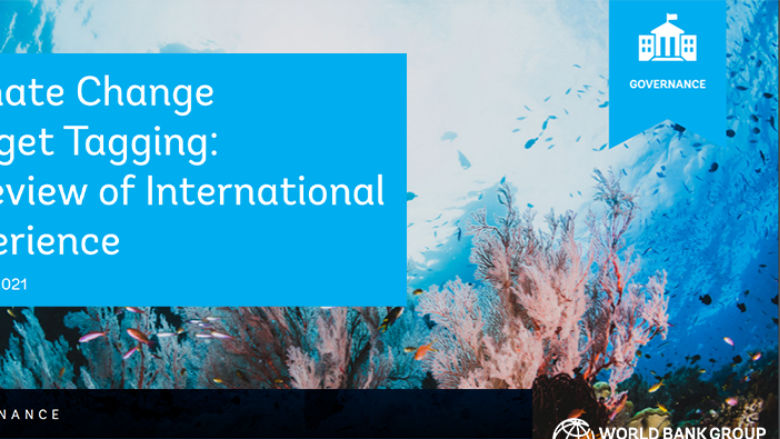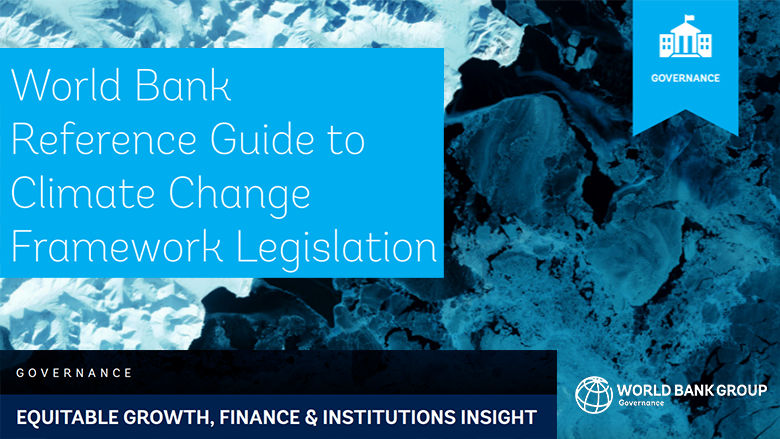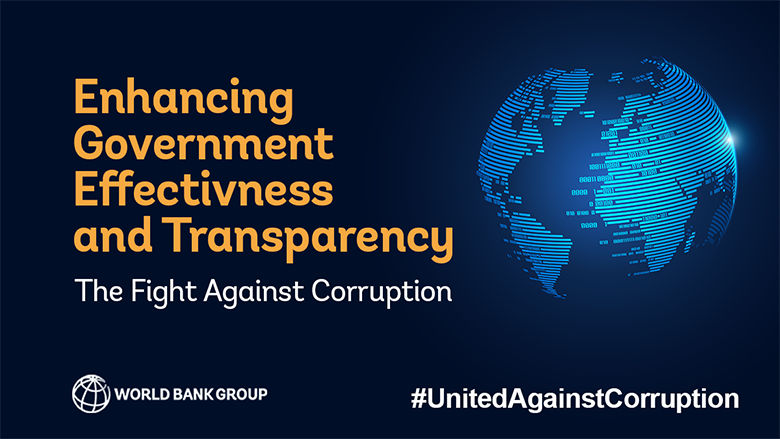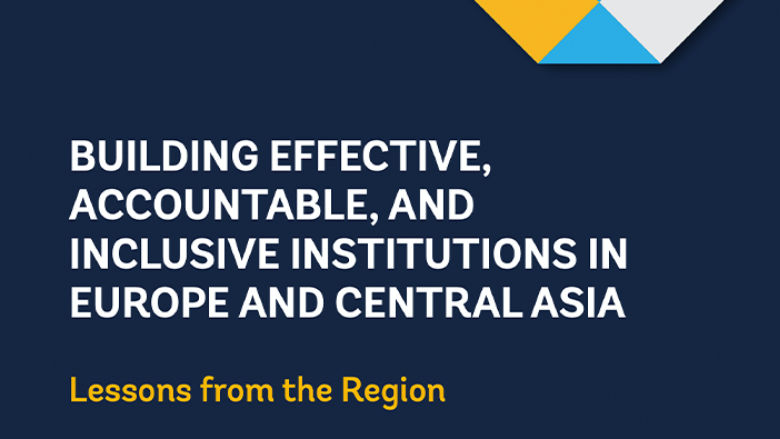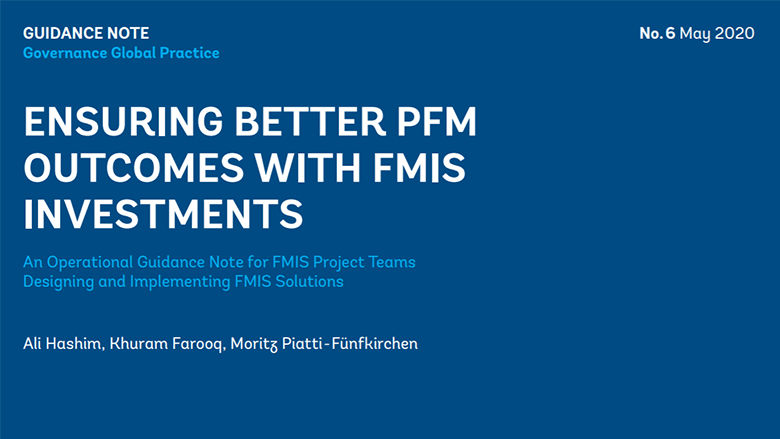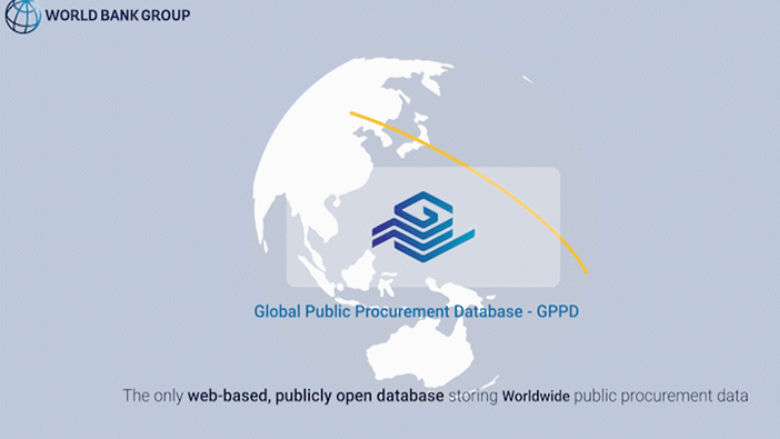Brazil: Data analytics to deter corruption
The Governance Risk Assessment System that identifies around 200 red flags of potential fraud in public expenditures, has been piloted at the federal, state, and municipal levels of government in Brazil. The numerous high-risk cases that have been identified include: over 420 firms that won bids against companies which have a high likelihood of being shell companies and reflecting potential bid rigging; 857 companies that won bidding processes against firms that have at least one partner in common; 450 firms whose partners are beneficiaries of the conditional cash transfer program Bolsa Família, and potent ially strawmen; more than 500 firms who are owned by public servants working at the same governmental agency that has executed the contract. The system can be replicated in other countries to optimize the process of detecting fraud in public expenditure, saving valuable resources and increasing the effectiveness of audits and investigations.
Honduras: Open Data
The Open Contracting Platform contains over one million procurement data entries (from 2005-2021) on budget and payments valued at more than $9 billion. During the pandemic, over 28,000 COVID-19 emergency procurement contracts from 289 government institutions and subnational governments were disclosed, following the Open Contracting Data Standard framework. The portal contains 81 open data sets from seven government institutions and is gradually expanding. In partnership with a national university, over 400 participants from government, civil society, and the private sector have received targeted training on data and open contracting.
Mexico: Public Integrity Tools
Citizens, public officials, and private sector firms participated in surveys that were conducted to raise awareness about conflict of interest, understand its prevalence and identify solutions. A public financial disclosure template was developed for government officials, and later approved by the Coordination Committee of the National Anticorruption System. In response to a request from the Citizen Participation Committee and the Executive Secretariat of the National Anticorruption System, a National Anticorruption Policy was drafted and later approved by the Anticorruption Coordination Committee.
Albania: Citizen-Centric Service Delivery Project
Since 2014 the WBG has provided lending and technical assistance to support modernization of administrative service delivery to improve access and quality of public services. The Citizen-Centric Service Delivery Project has financed information technology infrastructure for e-services, business process re-engineering, and creation of one-stop shop citizen service centers. With interoperable systems, service delivery is speedier, business processes are more streamlined and efficient, and over 230,000 users have accessed services on the e-Albania portal. By deploying re-usable computer applications, Albania has increased transactional e-services on offer from just 10 to over 570 during a period of four years. These services include health cards, diplomas, retirement certificates and pension payments, building permits, business registration and more.
Tunisia: Digital Transformation for User-Centric Public Services
In 2019, the WBG approved a new project to improve access to, quality and accountability of selected Social Protection and Education services. Using a GovTech approach, the project aims to strengthen institutions by combining public sector reform innovations with change management and digital technologies. These include innovations such as mobile applications for school registration, giving citizens more input into the reform process, and introducing a unique ID for better targeting of social benefits payments to those most in need. Key result areas include increased access to social protection and other digital services, and increased user satisfaction.
Colombia: Improving Efficiency and Transparency in Judiciary Management RAS project
The World Bank has supported Colombia’s judicial branch to develop a modernization strategy focusing on digital services, including a digital transformation plan and data governance strategy. Under this project, the Bank provides technical assistance at the strategic level but also supporting analytics on IT initiatives within the justice sector, focusing on GovTech.
India: Madhya Pradesh Citizens’ Access to Responsive Project
The project aims to improve access to public services, especially by the under-represented groups including women and tribal communities. As a result, there has been an expansion in citizen service kiosks to remote and underserved areas, increased coverage and improved facilitation of services provided at these kiosks. Back-end processes of departments have been integrated and application processes have been digitized. Various platforms including social media is being used to sponsor services and receive feedback from citizens. Currently, there are 425 citizen service centers and over 16,000 additional outreach points throughout the state and more than 41 million applications have been processed. Furthermore, 107 services are now available online. All certificates issued are digitally signed and the Government is exploring the possibility of introducing digital lockers for safe keeping, easy access to these documents and eliminating the need to request multiple copies
Moldova: Modernization of Government Services Project
The project is part of a sequence of projects which have led to the adoption a whole-of-Government policy and technological frameworks for public sector modernization. Cross-sectoral technological solutions are currently in use by various public sector stakeholders supporting reform agendas, such as public services modernization, anti-corruption, open and smart governance.
Among the most impactful GovTech products:
- “MConnect” - the Government Interoperability Platform used by more than 50 public sector institutions, incorporating more than 130 data exchange protocols;
- “MCloud” - the Government Cloud used by more than 50 public authorities generated already more than $40million in savings;
- Government Services Portal with more than three million visits to date, 685 services passports and 150 e-services;
- “MPay” an on-line payment service with more than 15 million transactions since its launch in 2013.
As a result, substantial increases have been generated in terms of (a) customer satisfaction with the availability, quality and transparency of public services and public data, and (b) savings for both citizens/businesses and the public sector; (c) openness of Government data and information. Currently, the project is building on these products and focusing on re-engineering and digitalization of selected administrative services, thus improving the efficiency, quality and accessibility of service delivery. GovTech in Moldova has been one of the essential triggers for the Government stepping into an irreversible journey towards citizen-centricity, transparency, and efficiency.
Independent and effective Supreme Audit Institutions for good governance
The World Bank is supporting enhanced transparency and accountability globally through nearly 80 country-level projects to enhance independence and accountability of Supreme Auditing Institutions (SAIs). For example, in Mawali, the government is strengthening the legal framework for SAI’s independence. In Bangladesh, SAIs have automated audit processes using audit management systems. The Bank also supports SAIs to comply with international audit standards adapted by countries, and to introduce risk-based audits, performance audits and use of Computer Assisted Audit Tools (CAATs). The World Bank is the permanent Donor Chair of the International Organization of Supreme Audit Institutions (INTOSAI) and is working closely with regional partners to contribute to policy dialogue for effective external audits. The Bank periodically releases the Global SAI Independence Index to assess changes and support SAIs in client countries.
Last Updated: Nov 21, 2022





